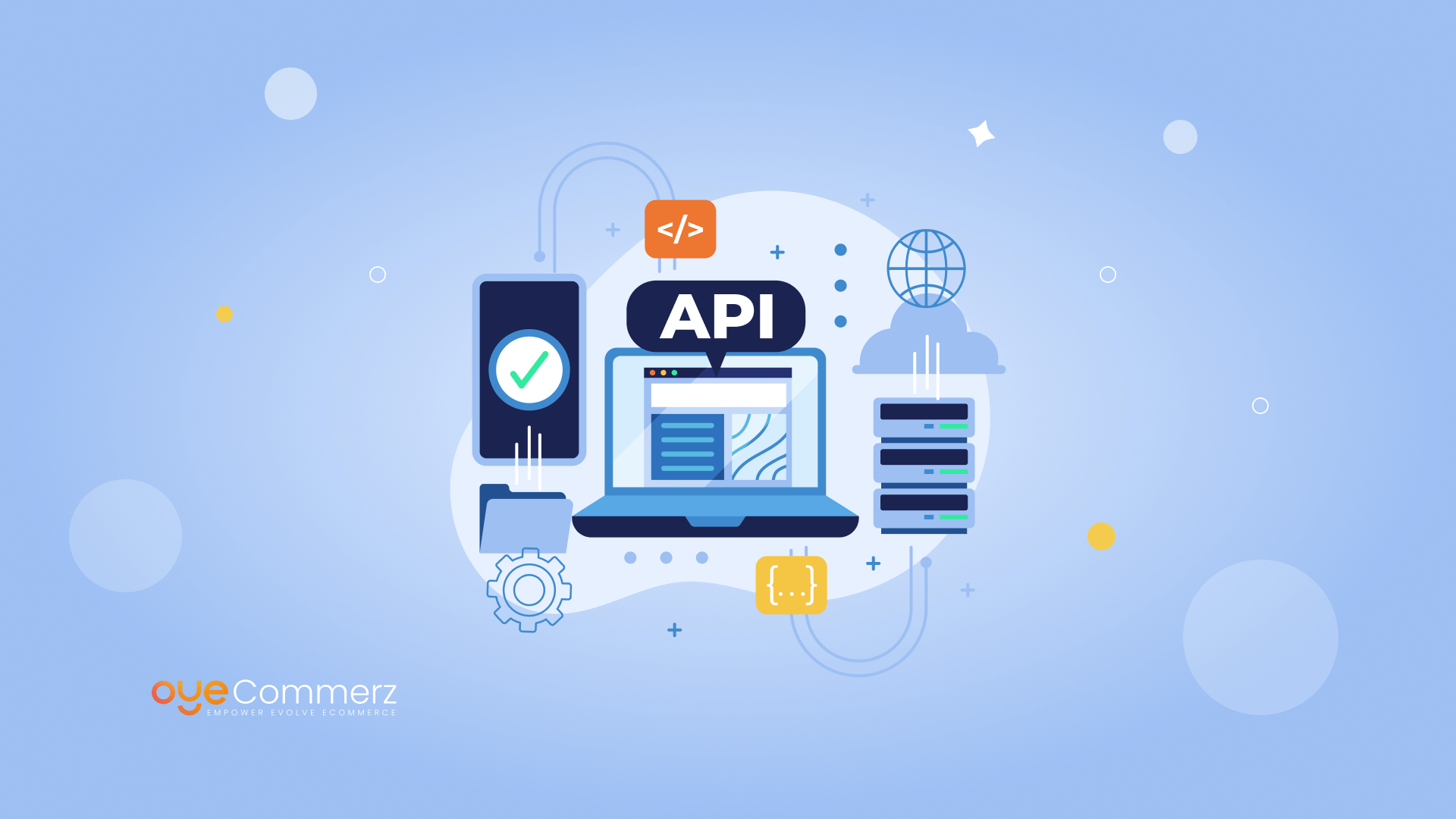Introduction
In the current cutthroat e-commerce landscape, differentiating is paramount, and one of the best ways to differentiate a Shopify store is through custom app creation. A robust Shopify app can boost store capabilities, simplify processes, and elevate customer interaction. This article explores essential aspects of Shopify app development, from API integration to growth techniques and promotion methods, offering a roadmap for companies seeking unmatched store performance.
The Importance of Shopify API Integration
Shopify’s API offers robust tools to personalize and extend store functionalities. With GraphQL and REST APIs, developers can access data to build applications that handle inventory control, order handling, and customer data management smoothly. Integrating Shopify’s API can lead to better workflow automation and enables stores to assist shoppers more effectively.
Adopting the Polaris Design System
Polaris is Shopify's set of design guidelines for creating user-friendly and accessible Shopify apps. By following Polaris guidelines, developers guarantee that apps integrate smoothly within the Shopify Admin experience. This ensures a cohesive appearance that appeals to Shopify merchants, encouraging ease of use and familiarity for merchants utilizing your tailored app.
Navigating the Shopify App Ecosystem
The Shopify app ecosystem provides numerous opportunities for enhancing online stores. From managing fulfillment processes to increasing customer engagement, apps in this ecosystem are designed to meet diverse business needs. Learning about this ecosystem helps developers in identifying unique app ideas and allows for seamless integration of external tools that add value to the store.
Building Embedded Shopify Apps
Embedded apps integrate directly within the Shopify Admin, providing a smooth interface for merchants. They ensure that merchants do not need to navigate away from their Shopify dashboard, simplifying their process. Using Shopify App Bridge and embedded app capabilities is recommended for offering a unified, well-integrated user experience.
Using Node.js and React for Shopify Apps
The technologies Node.js and React have become top options for Shopify app creation. Node.js enables efficient server-side applications, while React allows for dynamic, responsive front-end design. Combined, they offer an excellent framework for building fast, scalable Shopify apps that enhance store performance and customer engagement.
Utilizing Webhooks in Shopify Development
Webhooks enable instant data updates between Shopify and an outside application. They initiate events such as new orders or inventory updates and send instant alerts to your app. By utilizing webhooks, apps can provide up-to-date information to store owners, simplifying processes and boosting efficiency.
Customer Engagement and Digital Marketing for Shopify Apps
To ensure Shopify app success, connecting with users is key. Using digital marketing strategies like SEO, email marketing, and social media campaigns can drive app adoption. Additionally, creating applications with customer engagement in mind (e.g., loyalty programs or personalized recommendations) increases user retention and loyalty.
Scaling Your Shopify App
As e-commerce stores expand, so do their technological needs. Making sure that your app can scale to handle higher usage, larger data sets, and more complex functionalities is essential. By optimizing server resources and using scalable technologies, you can create apps that grow in parallel to a store’s growth.
Essential Features and Maintenance for Shopify Apps
For an app to be useful, it should offer key capabilities like user login, dashboard analytics, and customer support options. Regular app maintenance, including updates to fix bugs and ensuring compatibility with new Shopify features, is vital to ensure uninterrupted performance and prevent disruptions to merchant workflows.
Conclusion
Custom Shopify app development holds vast potential for e-commerce businesses, Shopify Admin customization providing the ability to enhance store functionality, simplify operations, and build customer Tools to improve Shopify customer engagement relationships. With API integrations and Node.js to ensuring scalability and customer interaction, creating a Shopify app requires careful planning and well-planned actions. If you’re prepared to unlock your store’s full potential, a custom Shopify app could be the ideal choice. What capabilities do you envision for your ideal app? Share your thoughts and take the first step toward an enhanced e-commerce experience!

Comments on “Enhance Your Online Store: Custom Shopify App Development for Unmatched Store Performance”